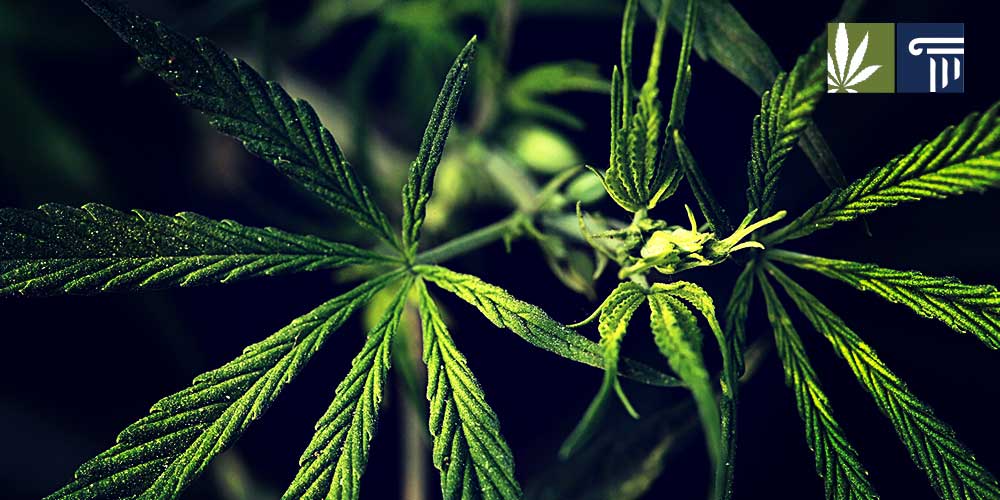This January, a bipartisan group of sponsors introduced House Bill 136, which would “implement and regulate” a “medicinal marijuana program in Kentucky.” Medical legalization also has the support of State Sen. Dan Seum (R-Bullitt).
For Seum, his support for the medical marijuana bill comes from personal experience. Years ago, he was diagnosed with cancer and prescribed a “bottle of Oxycontin.” Rather than take the opioid, one of a group of drugs responsible for 1,565 deaths in Kentucky in 2017, he threw the bottle away and “smoked a joint” instead. He said marijuana eliminated the nausea of chemotherapy and helped him “not miss a day” at the legislature. “I was able to function,” he said. Seum also said that he plans to co-sponsor a Senate bill to match H.B. 136, which was introduced by Rep. Diane St. Onge (R-Fort Wright) and Rep. Jeffery Donohue (D-Jefferson), among others.
H.B. 136 would implement a medical program with a full set of regulatory and tax law, including provisions for patient protection, registration and inventory control, control of advertising, excise taxes, and a general fund that pays for research as well as the expense of regulation. The bill would also “change the name of the Department of Alcoholic Beverage Control to the Department of Alcoholic Beverage and Cannabis Control and to create the Division of Medicinal Marijuana.” St. Onge says that under the law, “everything would be monitored and regulated.”
Change in Kentucky
Kentucky’s two U.S. Senators have also voiced support for cannabis reform. Mitch McConnell supported the 2018 farm bill, which legalized industrial hemp, citing hemp farming as a potential boon for the state, and Rand Paul has voiced his support for legalization of medical marijuana. Gov. Matt Bevin has also indicated that he might sign a medical legalization bill, “depending on the details.”
According to Kentucky.com, however, “A major hurdle for the bill is Senate President Robert Stivers, R-Manchester.” Stivers has asked for evidence of medical marijuana’s effectiveness from such sources as the American Medical Association, which has not endorsed the efficacy of the drug, which remains illegal under federal law and thus has little scientific research evidence to support the many claims of patients and clinicians. He also has been criticized for recommending bourbon instead of cannabis for pain.
The Courier Journal reports that Stivers’s bourbon joke did not amuse Cassie Everett, who suffers from epileptic seizures and takes many medications to combat them. “All the side effects from all these medicines are horrible,” the Courier Journal reports her as saying. “I can’t imagine [medical marijuana] would have side effects that bad.” Similarly, Eric Crawford, who does illegally use marijuana for pain resulting from a broken back that has put him in a wheelchair, told Kentucky.com that if he followed Stivers’s advice to treat his pain with bourbon “I would not be able to get out of my chair, and I would be pissing my pants all the time.”
Although previous attempts to legalize medical cannabis in Kentucky have failed, this year may be different. Rep. Jason Nemes (R-Louisville), one of H.B. 136’s sponsors, has said that this year, medical legalization will happen. “I believe, medical marijuana in Kentucky within the next year,” Nemes told WDRB.com. Meanwhile, medical dispensaries are open in neighboring Ohio and Illinois.
What do you think? Will Kentucky legalize medical cannabis in 2019? Leave a comment below.






